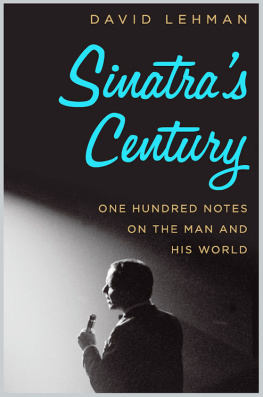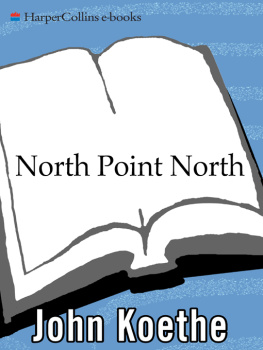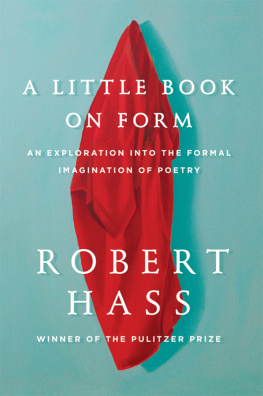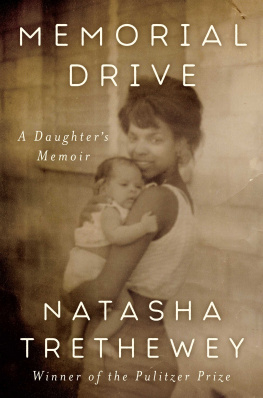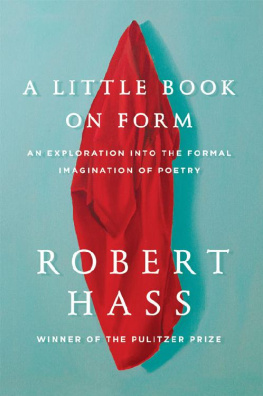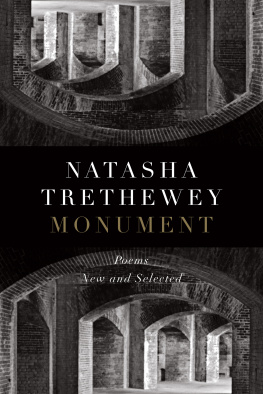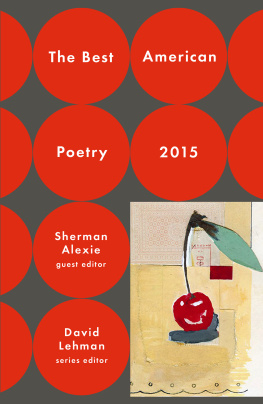Praise for The Best American Poetry
Each year, a vivid snapshot of what a distinguished poet finds exciting, fresh, and memorable: and over the years, as good a comprehensive overview of contemporary poetry as there can be.
Robert Pinsky
The Best American Poetry series has become one of the mainstays of the poetry publication world. For each volume, a guest editor is enlisted to cull the collective output of large and small literary journals published that year to select seventy-five of the years best poems. The guest editor is also asked to write an introduction to the collection, and the anthologies would be indispensable for these essays alone; combined with [David] Lehmans state-of-poetry forewords and the guest editors introductions, these anthologies seem to capture the zeitgeist of the current attitudes in American poetry.
Academy of American Poets
A high volume of poetic greatness... in all of these volumes... there is brilliance, there is innovation, there are surprises.
The Villager
A years worth of the very best!
People
A preponderance of intelligent, straightforward poems.
Booklist
Certainly it attests to poetrys continuing vitality.
Publishers Weekly (starred review)
A best anthology that really lives up to its title.
Chicago Tribune
An essential purchase.
The Washington Post
For the small community of American poets, The Best American Poetry is the Michelin Guide , the Readers Digest , and the Prix Goncourt.
LObservateur
Thank you for downloading this Simon & Schuster ebook.
Get a FREE ebook when you join our mailing list. Plus, get updates on new releases, deals, recommended reads, and more from Simon & Schuster. Click below to sign up and see terms and conditions.
CLICK HERE TO SIGN UP
Already a subscriber? Provide your email again so we can register this ebook and send you more of what you like to read. You will continue to receive exclusive offers in your inbox.
CONTENTS
David Lehman was born in New York City, the son of Holocaust survivors. Educated at Stuyvesant High School and Columbia University, he spent two years as a Kellett Fellow at Clare College, Cambridge, and worked as Lionel Trillings research assistant upon his return from England. Poems in the Manner Of (2017), his most recent book, comprises poems written in imitation, appreciation, parody, or translation of poets from Catullus to Sylvia Plath. He is the author of nine earlier books of poetry, including New and Selected Poems (2013), When a Woman Loves a Man (2005), The Daily Mirror (2000), and Valentine Place (1996), all from Scribner. He is the editor of The Oxford Book of American Poetry and Great American Prose Poems: From Poe to the Present . Two prose books recently appeared: The State of the Art: A Chronicle of American Poetry, 19882014 (University of Pittsburgh Press), containing the forewords he had written to date for The Best American Poetry , and Sinatras Century: One Hundred Notes on the Man and His World (HarperCollins). A Fine Romance: Jewish Songwriters, American Songs (Schocken) won the Deems Taylor Award from the American Society of Composers, Authors, and Publishers (ASCAP) in 2010. Lehman teaches in the graduate writing program of The New School and lives in New York City and in Ithaca, New York.
FOREWORD
by David Lehman

If in January 2016 someone had told you that in the year ahead the Cubs will win the World Series, Bob Dylan will win the Nobel Prize in Literature, and Donald Trump will be elected president of the United States, youd have thought that person batty. Yet all these things have come to pass, and at least one of them has a direct bearing on poetry.
No sooner was it announced that Dylan had become the first American Nobel Laureate in literature since Toni Morrison than the quarrels began. Enthusiasts cited the way Dylan has entered and modified the culture. How his phrases linger in the air: the times they are a-changin, there are no truths outside the Gates of Eden, You dont need a weatherman / To know which way the wind blows, he not busy being born / Is busy dying.
But the cries of dismay were predictable if only because the poetry community is divided and because there is an unhealthy amount of bile and resentment out there. Any American poeteven our grand old master Richard Wilbur, now ninety-sixwould get his share of Bronx cheers if he were to win the Nobel. It was said of Dylan that he didnt need the prize, that he is yet another old white guy, that he is arrogant, that he composes songs not poems or is at best, as one disgruntled observer put it, a pretentious high-school-notebook poetin other words, not a poet at all.
Purists would say that what Dylan writes are lyrics, which depend on their musical setting for coherence and are inextricably bound up with their performance. I would counter that the best of Dylans songs work on the page, not only because of their originality but equally because they constitute the autobiography of a fascinating, shape-shifting personality that is rebellious, ornery, intense, and has proved remarkably attuned to the zeitgeist.
With the most prescient timing in recent publishing history, Bob Dylans The Lyrics 19612012 appeared within one month of the prize announcement in October. The book contains the words of all of Dylans songs, organized album by album from his eponymous 1962 debut to his most recent efforts. The transcendent period was the stretch between 1964 and 1967the period of Like a Rolling Stone, Desolation Row, Sad-Eyed Lady of the Lowlands, Visions of Johanna, Just Like a Woman, and All Along the Watchtower. While the lyrics and their reception make the primary case for Dylans achievement, I believe that Chronicles (2004), the first volume of his projected three-volume memoirs, offers a valuable window into the writers brain. Truth was the last thing on my mind, and even if there was such a thing, I didnt want it in my house, he wrote of trying to compose songs. Oedipus went looking for the truth and when he found it, it ruined him. It was a cruel horror of a joke. So much for the truth. I was gonna talk out of both sides of my mouth and what you heard depended on which side you were standing. If I ever did stumble on any truth, I was gonna sit on it and keep it down.
A self-creation in the tradition of Jay Gatsby rather than that of Julius Henry Marx (i.e., Groucho), Bob discarded his birth name (Zimmerman) in favor of the moniker of the wild, word-drunk Welsh poet Dylan Thomas. A natural surrealist with bardic leanings, Dylan radiated a kind of Bohemian glamour. The lyrics reflect the stance of a put-on artist, a joker, enigmatic, elusive, and full of insolence or righteous belligerence. Maggies Farm (1965) elevates I quit into poetry: He hands you a nickel / He hands you a dime / He asks you with a grin / If youre havin a good time / Then he fines you every time you slam the door / I aint gonna work for Maggies brother no more. Or consider the ire hurled at the false friend in Positively 4th Street: I wish that for just one time / You could stand inside my shoes / Youd know what a drag it is / To see you.
Usually when I discuss Bob Dylan as a poet I point to his visionary songs. Desolation Row (1965), which I selected for inclusion in The Oxford Book of American Poetry , is terrific in its phantasmagoria. The title song of Highway 61 Revisited (1965) begins with God and Abraham mixing it up in Genesis 22: God said to Abraham, Kill me a son / Abe says, Man, you must be puttin me on. The allusions here and elsewhere in Dylans lyricsin which at any moment Genghis Khan or F. Scott Fitzgerald might put in an appearancelook random but are pointed and shrewd. Still, the case for Dylan rests as much on his powers of rhetoric as on his oracular powers. Some of his strongest lines are infused with the spirit of protest: How many years can a mountain exist / Before its washed to the sea? Others verge on heartbreak (It dont even matter to me where youre wakin up tomorrow / But mama, youre just on my mind) or celebrate a lazy day in an easy chair (Buy me a flute / And a gun that shoots / Tailgates and substitutes / Strap yourself / To the tree with roots / You aint goin nowhere). He can bring a dream to a close with the inevitability of a rhyme: The pump dont work / Cause the vandals took the handles. The rhymes in Like a Rolling Stone and I Want You show theres a lot of life left in that venerable device.


